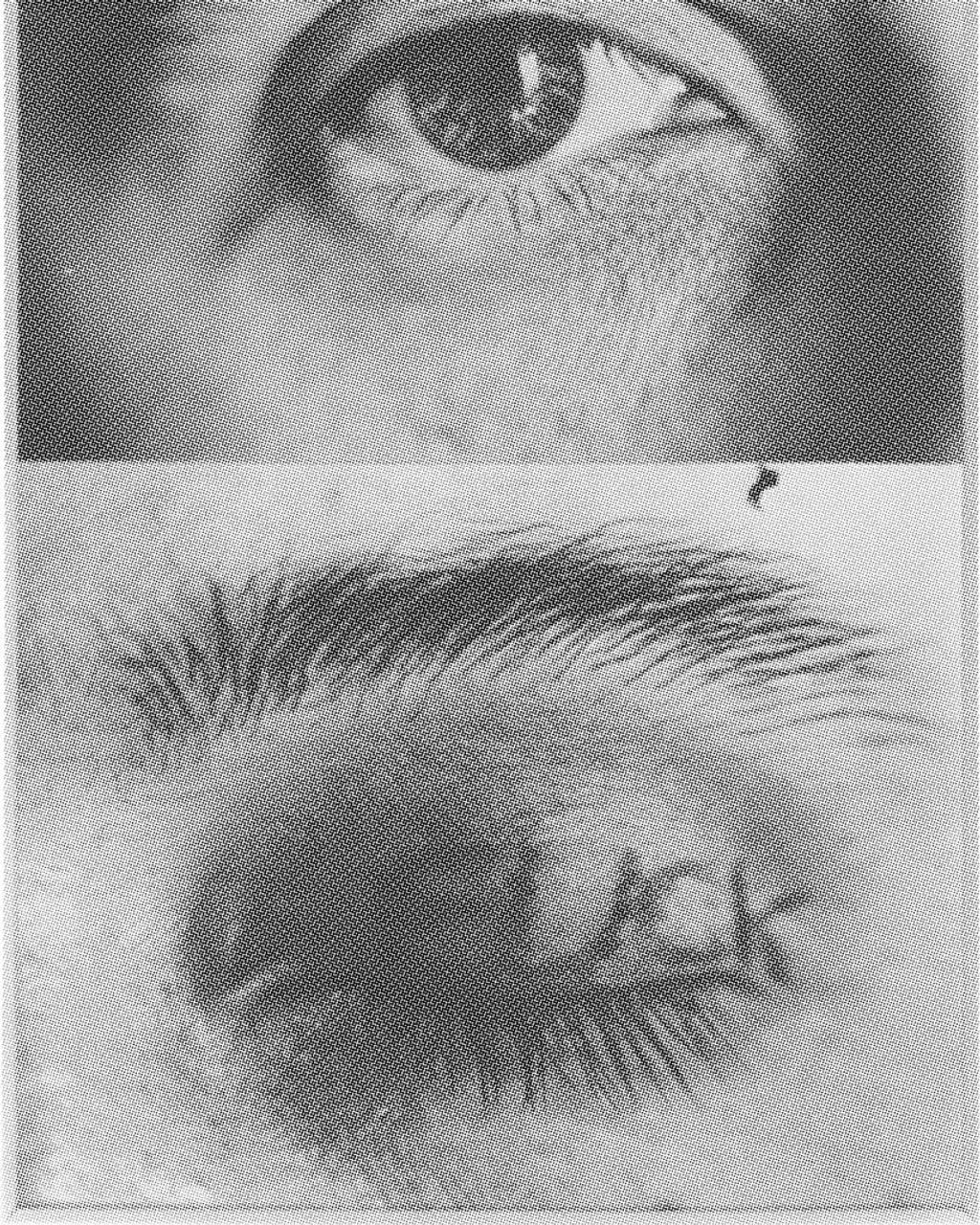Talking Through Weibel
Medien & Technologie Zeitgenössische Kunst Theorie Diskussion
Verbindung zu esel.at

Part of Vienna Art Week 2025
Presented by the Weibel Institute for Digital Cultures as part of the exhibition ‘Thinking Through Weibel’
Talking Through Weibel asks a simple, far-reaching question: how do exhibitions and archives teach us – artists, researchers, and the wider public – how to see, remember, and think?
Taking the current exhibition Thinking Through Weibel and the Weibel Archive as an opening path, this evening explores art as a learning system: how exhibitions and collections structure cultural memory, how digitization can widen (and bias) access, and how exhibition-making can produce embodied, situated knowledge that differs from conventional academic formats.
Looking at Peter Weibel himself – artist, theorist, institution-builder – and drawing on his extensive, partly digital archive, the evening considers how large-scale collections can be made meaningfully accessible: through digitization and metadata practices, open interfaces and display strategies, as well as curatorial and pedagogical frameworks that invite plural forms of learning. The program begins with a guided tour of the exhibition, continues with a keynote on ‘What is Contemporary Art History?’ and culminates in a roundtable that considers exhibitions and archives as shared infrastructures of learning. Rather than closing a legacy, we open questions and methods – testing how playful, critical, and inclusive practices can shape what and how we learn together.
Program
17:30
Exhibition tour with Brooklyn J. Pakathi
18:30
Keynote lecture by Boris Čučković Berger
19:00
Round table / Discussion:
Panelists: Robert Müller, Brooklyn J. Pakathi, Margit Rosen, Charlotte Reuß
Moderation: Denise H. Sumi
Boris Čučković Berger
is Professor of Art History and Digital Image Cultures at LMU Munich (since August 15, 2021). His work focuses on critical studies of art and technology, particularly digital production and the socio-technical conditions of platform economies. Previously, he taught modern and contemporary art at the Courtauld Institute of Art (Associate Lecturer, 2017 to 2021). He received his PhD from the Courtauld (2019).
Robert Müller
is an artist based in Vienna and Berlin. He is co-editor of the online magazine The Critical Ass and has been organizing the exhibition series ‘Nousmoules’ in Vienna and Berlin since 2013. He was curator at the Kunstverein Nürnberg – Albrecht Dürer Gesellschaft (2021 to 2022). Since 2022, he has been working as a senior scientist/curator at the art collection and archive of the University of Applied Arts Vienna.
Brooklyn J. Pakathi
is a transmedia artist based in Vienna whose practice critically examines ontologies of emotion through material and spatial interventions. Influenced by phenomenology and affect theory, their work explores configurations of intimacy, melancholy, and longing, questioning and reconfiguring the boundaries between the tangible and the immaterial. As an independent curator, Pakathi’s research focuses on methodologies of decolonization, cultural justice, and alternative epistemologies that address technology and spatial practice.
Margit Rosen
is an art historian and curator; since 2016, she has been Head of Collections, Archives & Research at ZKM | Center for Art and Media Karlsruhe. She studied art history, political science, philosophy, and media art (LMU Munich, HfG Karlsruhe, Paris I) and edited the volume A Little-Known Story about a Movement, a Magazine, and the Computer’s Arrival in Art (2011), published by MIT Press.
Charlotte Reuß
conducts research on digital cultures, copyright, and the dynamics of commercialization and cultural accessibility. In her ongoing dissertation, she examines user strategies within digital cultures in late capitalism. Since 2020, she has been teaching and researching at the University of Applied Arts Vienna and currently coordinates the Weibel Online project at the Weibel Institute for Digital Cultures.
Denise H. Sumi
is a senior scientist and doctoral candidate at the Weibel Institute for Digital Cultures focusing on network cultures, relational ethics, and critical pedagogy. Previously, she coordinated the Digital Solitude program and was editor-in-chief of the platform ‘Schlosspost’ at the Akademie Schloss Solitude (2019 to 2024).
This exhibition Thinking Through Weibel is initiated by the Weibel Institute for Digital Cultures and emerges through collaboration with the Institute Collection and Archive and the AIL, all part of the University of Applied Arts Vienna.